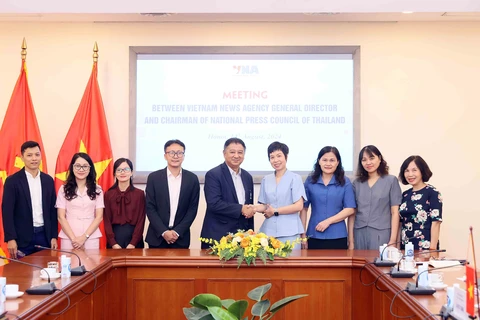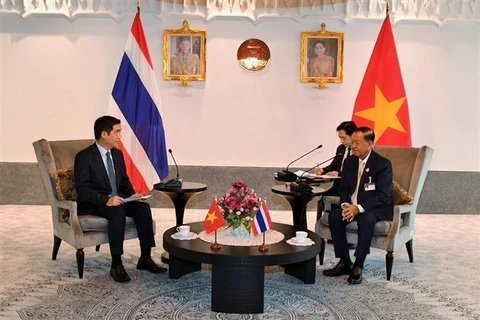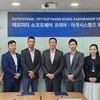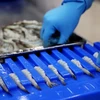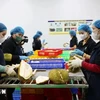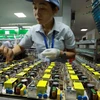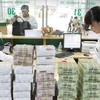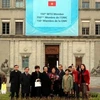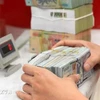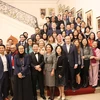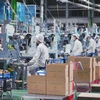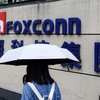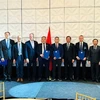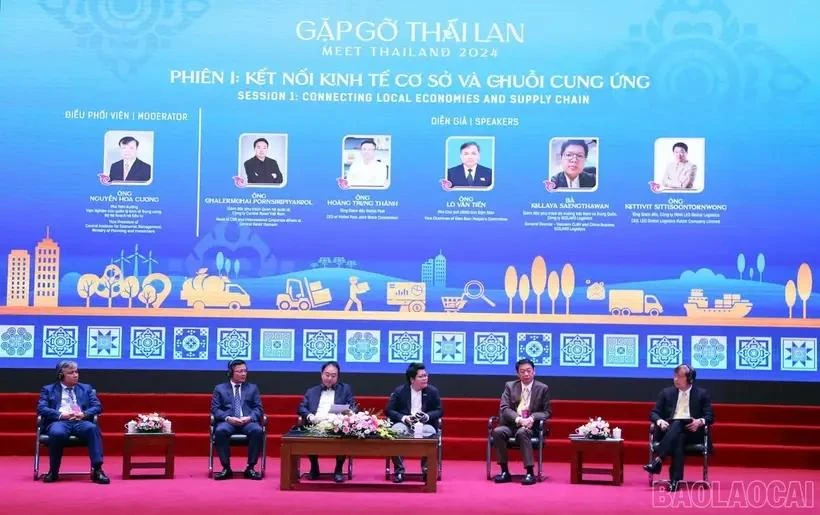
Lao Cai (VNA) – The second “Meet Thailand” conference was opened in the northern province of Lao Cai on August 28-29 in celebration of the 48th anniversary of diplomatic relations (1976-2024) and the 11 years of bilateral strategic partnership (2013-2024).
The event, organised by the Lao Cai provincial People's Committee in partnership with the Ministry of Foreign Affairs and the Thai Embassy in Vietnam, brought together key stakeholders to deepen bilateral cooperation.
The conference aimed to strengthen the “Three connections” strategy which was approved by the two country’s high-ranking leaders.
The strategy includes integration of supply chains in supporting industries, collaboration between small- and medium-sized enterprises (SMEs) and local communities and alignment of sustainable development goals, merging Thailand's bio-circular-green (BCG) economy with Vietnam's green initiatives.
The event attracted representatives from 14 provinces and business associations in Vietnam's northern midlands and mountainous areas, serving as a vital platform for exploring investment opportunities.
Nguyen Nhu Hieu, Director General of the Department of Foreign Affairs under the Foreign Ministry, highlighted Thailand's role as Vietnam's largest trade partner in ASEAN and a leading foreign investor, with bilateral trade exceeding 20 billion USD in 2022. He expressed confidence that the two countries will soon achieve a 25 billion USD trade target, with northern Vietnam as a priority for Thai investments.
Ambassador Urawadee Sriphiromya noted the growing interest of Thai businesses in Vietnam, particularly in sectors such as retail, energy, agriculture, and tourism.
The event also featured exhibitions, business networking sessions, and discussions on key topics like economic connectivity and sustainable tourism, all aimed at strengthening the bilateral business ties between Vietnam and Thailand./.
